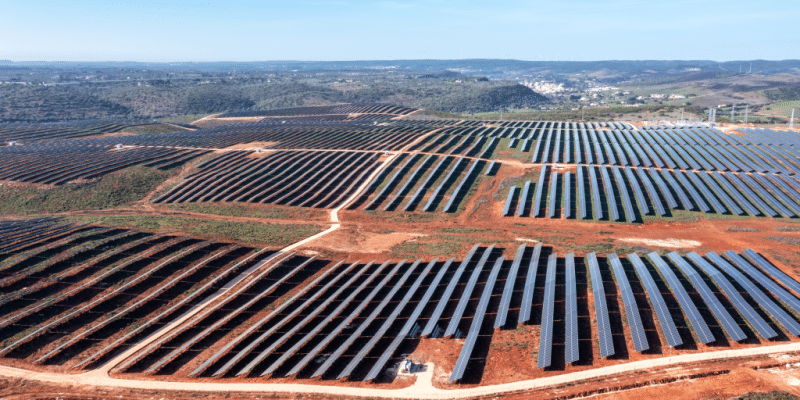Burkina Faso's transitional parliament has approved a conventional loan agreement worth €45.7 million from the Export-Import Bank of China. The debt will finance the construction of the Donsin solar power plant and its electricity storage system.
At a time when Burkina Faso is at a turning point in its relations with international partners, China is lending 30 billion CFA francs (45.7 million euros) to support the country’s energy policy. The concessional loan agreement was signed in September 2023 between the government of Burkina Faso and the Export-Import Bank of China. The agreement has just been validated by the Transitional Legislative Assembly (ALT), made up of 71 deputies.
The project, already approved by the Council of Ministers on 9 February 2024, chaired by Head of State Ibrahim Traoré, involves the construction of a 25 MWp solar power plant on the site of Donsin airport, located in the council of Loumbila in central Burkina Faso. The park will be equipped with a 5 MW/20 MWh battery electricity storage system.
Read also- BURKINA FASO: the AMP programme is launched for electrification via mini-grids
With this project, Burkina Faso’s Ministry of Energy, Mines and Quarries aims to ensure energy security at Donsin airport, while increasing the country’s generating capacity, which currently stands at 714.4 MW. Of this available capacity, 220 MW is imported. By 2023, the Burkina Faso National Electricity Company (SONABEL) was counting on importing 300 MW from Ivory Coast and Ghana to meet electricity demand.
Burkina Faso is one of the largest producers of solar energy on the West African grid, with an installed capacity of 92 MWp, ahead of its neighbours in the sub-region, notably Mauritania (84 MWp), Ivory Coast (37 MWp) and Mali (50 MWp). The Donsin solar power plant, which will take 15 months to build, will boost Burkina Faso’s energy self-sufficiency.
Jean Marie Takouleu






